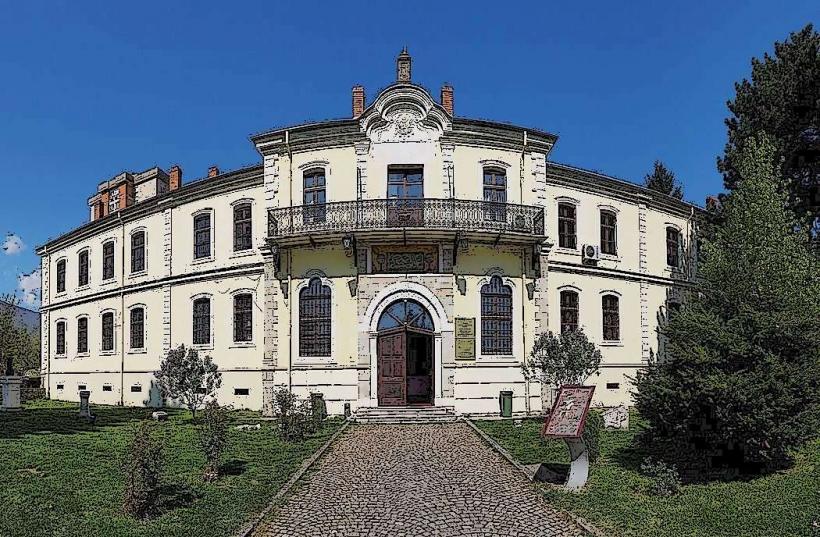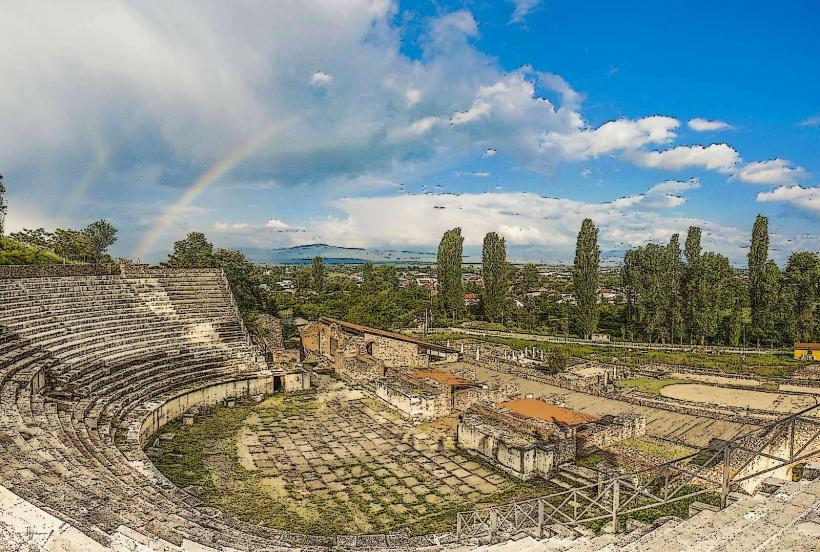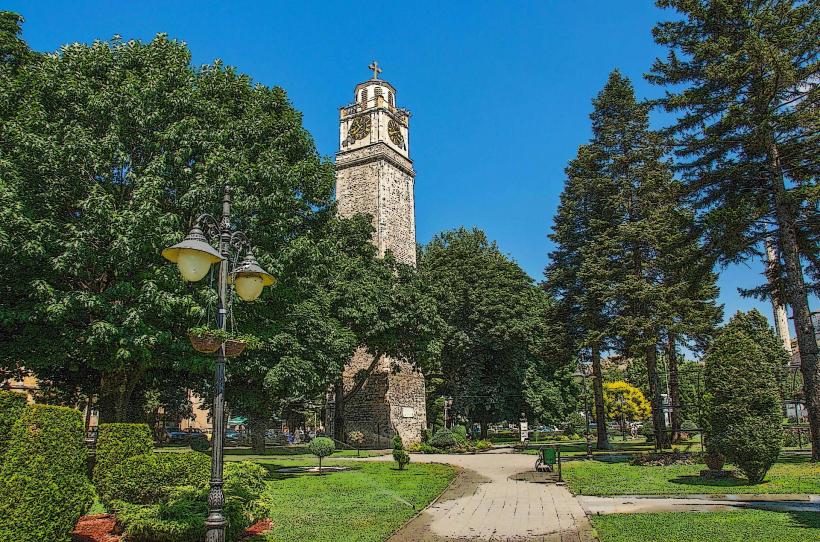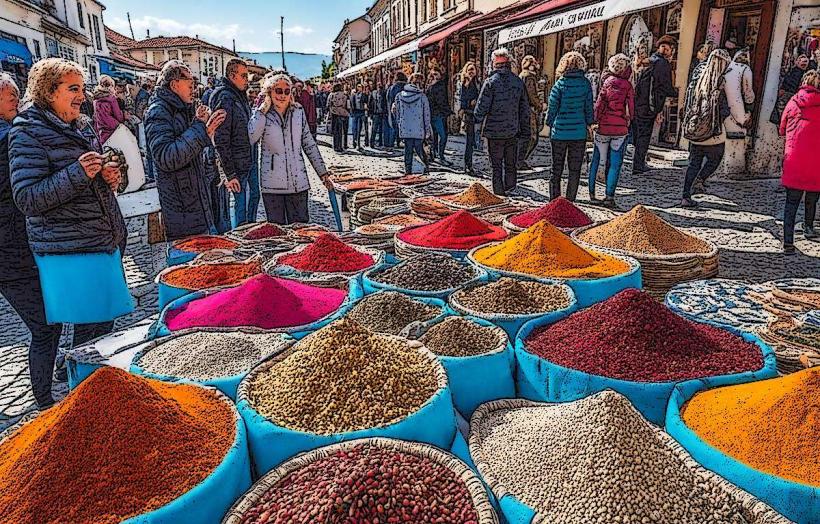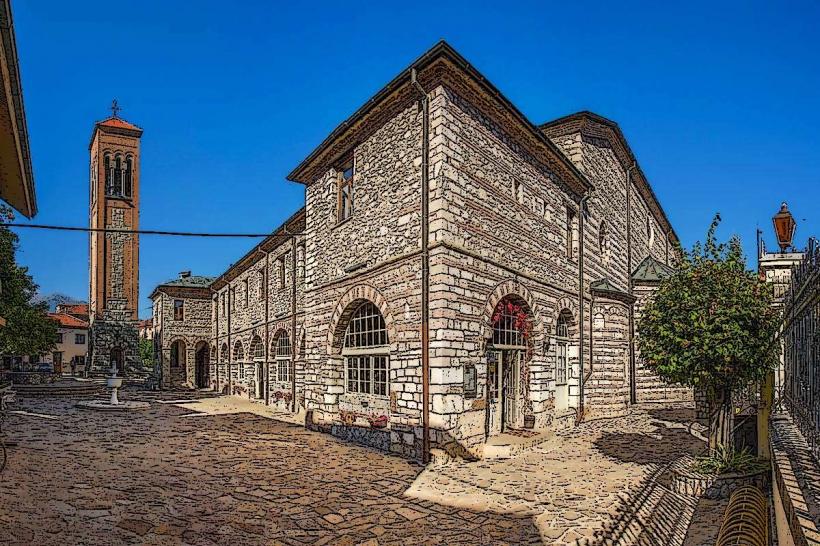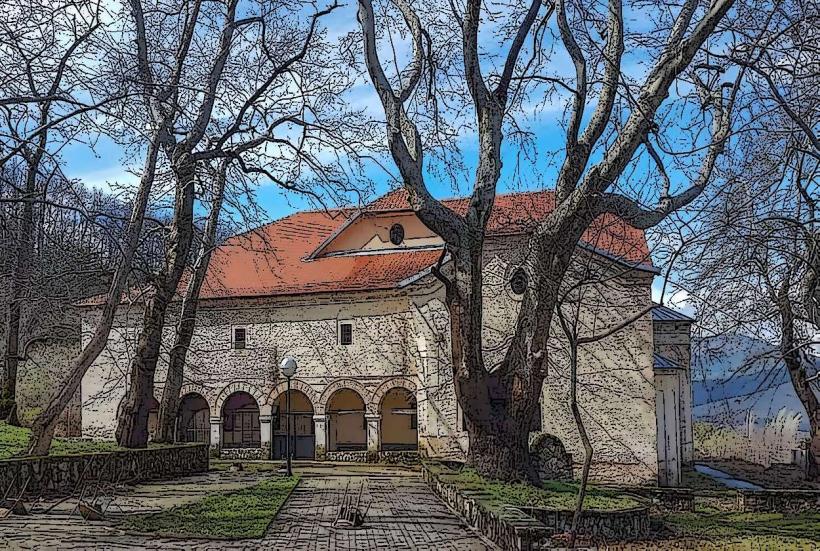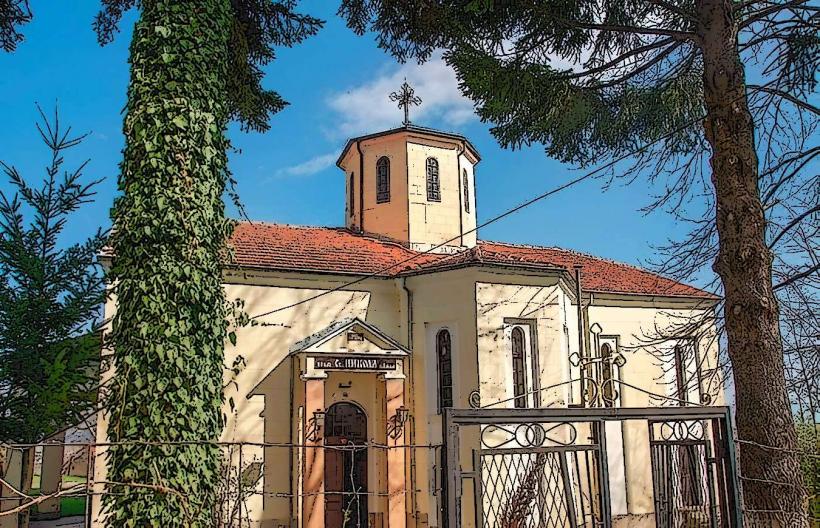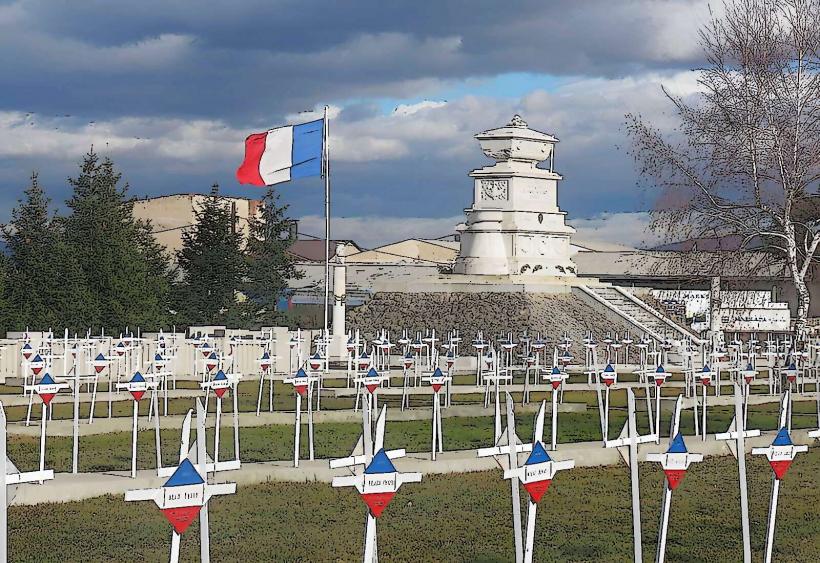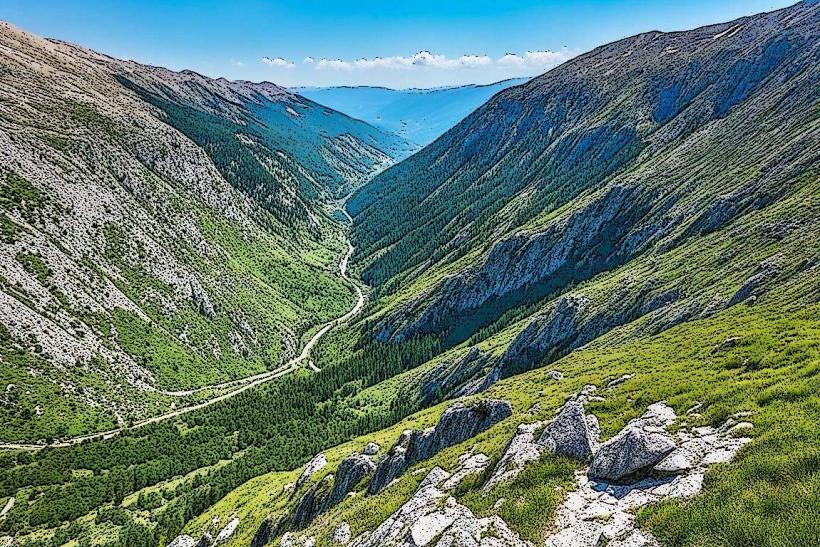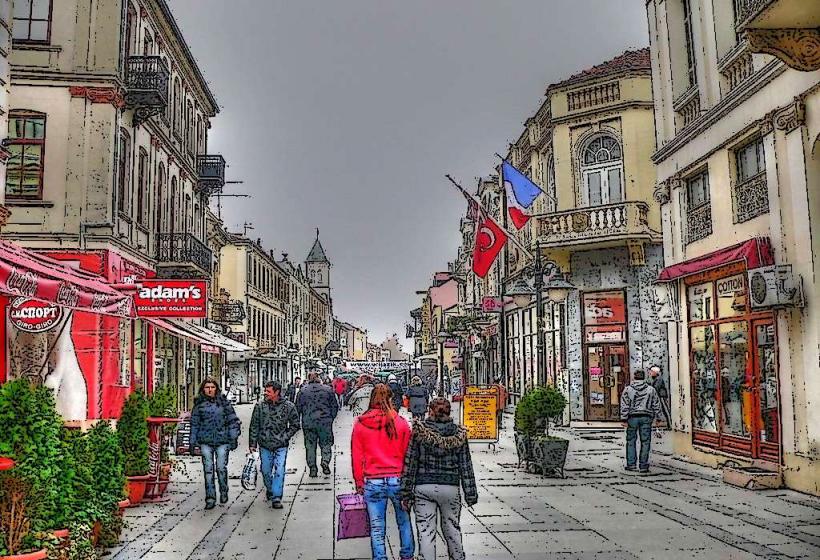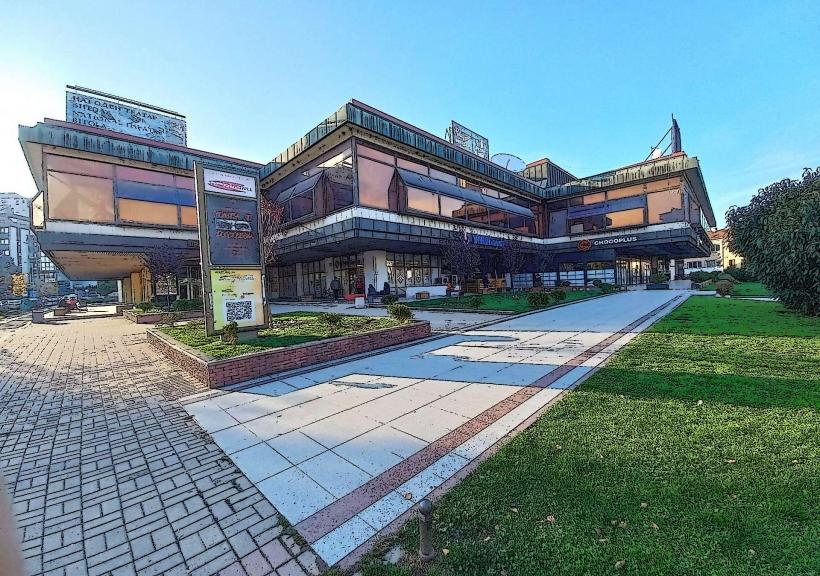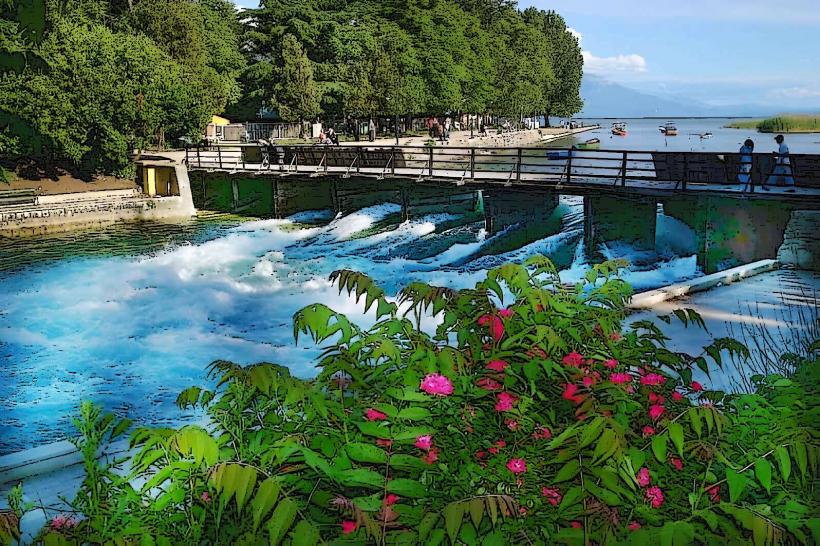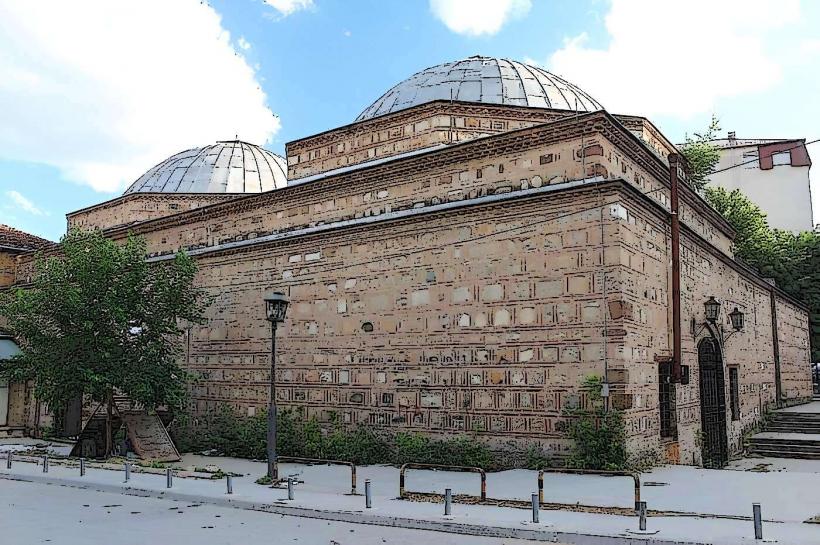Information
Landmark: St. Peter and Paul MonasteryCity: Bitola
Country: North Macedonia
Continent: Europe
The St. Peter and Paul Monastery is a historic Orthodox Christian monastery located in the vicinity of Bitola, North Macedonia. It is an important religious and cultural site for the region, known for its historical significance, stunning natural surroundings, and role in preserving local religious traditions. The monastery, which has connections to both Byzantine and Ottoman history, remains a place of spiritual importance and attracts visitors for both its religious heritage and its picturesque setting.
History and Significance:
Foundation and Religious Role: The St. Peter and Paul Monastery dates back to the medieval period, though its exact date of establishment is unclear. It is dedicated to Saint Peter and Saint Paul, two prominent Christian saints. The monastery is a reflection of the Byzantine influence on the region, which was significant in the establishment of Eastern Orthodox Christianity across the Balkans.
Religious Importance: Throughout the centuries, the St. Peter and Paul Monastery has been an important religious center for the local Orthodox Christian community. It has played a key role in the spiritual life of the region, particularly during times when the region was under Ottoman rule. The monastery was a place of religious devotion, prayer, and worship for the surrounding villages and local population.
Ottoman Influence: Like many monasteries in the Balkans, the St. Peter and Paul Monastery was affected by the Ottoman Empire’s presence in the region. During Ottoman rule, many monasteries faced challenges due to religious restrictions, but this monastery managed to maintain its religious practices and remains a testament to the resilience of Orthodox Christian traditions.
Architectural Features:
Traditional Macedonian Monastery Design: The St. Peter and Paul Monastery follows a typical Macedonian Orthodox monastery design, which features a church at the center, surrounded by stone walls and monastic buildings. The structure of the monastery is simple but elegant, made of local stone and brick.
Church of St. Peter and Paul: The monastery's central church is dedicated to Saint Peter and Saint Paul. It has a classic Orthodox Christian architectural style, with a wooden iconostasis, frescoes, and icons adorning the interior. The church's frescoes are particularly notable for their vivid colors and depictions of biblical scenes, representing the rich spiritual and artistic heritage of the monastery.
Natural Setting: The monastery is situated in a serene and tranquil location, often surrounded by forests and rolling hills. The natural landscape adds to the spiritual atmosphere of the site, making it a place of peaceful reflection and prayer. The monastery is often visited by pilgrims seeking solace and connection with nature.
Role in Modern-Day Bitola:
Spiritual and Pilgrimage Site: Today, the St. Peter and Paul Monastery remains an active religious site, with monks living and working in the monastery. It continues to serve as a place of prayer and pilgrimage, attracting visitors who seek to experience its spiritual significance and its tranquil environment.
Cultural Heritage: The monastery is an important cultural landmark for Bitola and the surrounding region. It preserves both the religious traditions of Eastern Orthodoxy and the historical legacy of the area. As part of the region’s Orthodox Christian heritage, the monastery is also a site of interest for visitors wishing to learn more about the history of Christianity in the Balkans.
Tourist Attraction: While the St. Peter and Paul Monastery is primarily a religious site, it also draws tourists who are interested in Byzantine architecture, medieval history, and the spiritual landscape of North Macedonia. Visitors can explore the church, the surrounding grounds, and the picturesque views, making it a popular stop for those exploring the region’s cultural and religious landmarks.
Nearby Attractions:
Heraclea Lyncestis: Just a short distance from Bitola, Heraclea Lyncestis is an ancient site founded by Philip II of Macedon. The archaeological site features Roman ruins, including a theater, mosaics, and baths.
Bitola Old Bazaar: The Old Bazaar of Bitola is a historic district filled with traditional shops, cafes, and Ottoman-era buildings. It's a great place to explore the town’s heritage, with various historical landmarks and architectural styles on display.
National Park Pelister: The National Park Pelister is a natural wonder located near Bitola, offering stunning landscapes, hiking trails, and biodiversity. It's known for its Pine forests, mountain peaks, and the Pelister Lakes.
Conclusion:
The St. Peter and Paul Monastery is a vital part of Bitola’s religious and cultural heritage, offering a glimpse into the Byzantine and Ottoman influences in the region. Its architectural beauty, serene natural setting, and ongoing religious significance make it a place of pilgrimage, cultural exploration, and historical reflection. Whether visiting for its spiritual value, its architectural features, or its role in the local community, the monastery provides an enriching experience for those interested in Orthodox Christianity, Balkan history, and cultural heritage.

